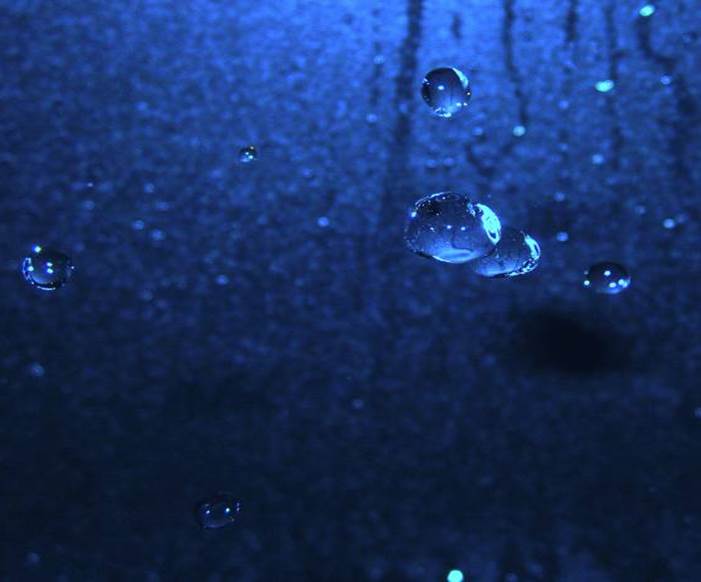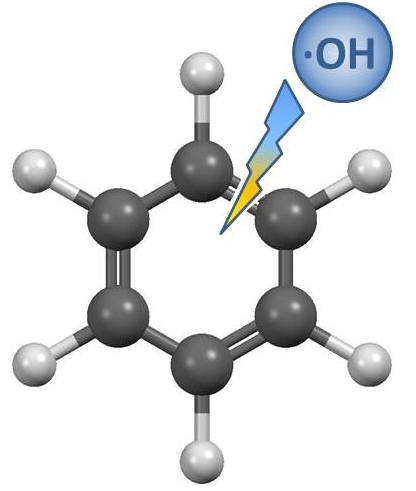Advanced Oxidation Processes
Oxidation processes that are based on the generation of highly reactive and non-selective radicals ('Advanced Oxidation Processes' (AOPs)) are generally considered as an efficient approach to remove a wide range of hardly biodegradable organic contaminants. Such radicals are produced from oxidants such as hydrogen peroxide or persulfate by catalytic, photochemical or thermal activation.
The group Environmental catalysis – Oxidation processes of our department is dealing with the development of new catalyst materials and technological concepts for AOPs with the aim to improve key criteria of the processes such as space-time yield, oxidant utilization efficiency, applicable pH range and long-term stability. Especially for removal of micropollutants from water, the combination of adsorption and oxidation in the adsorbed state is promising for economic and ecological reasons.
Research Topics:
- functionalized adsorbents for on-site chemical regeneration
- application of iron-containing zeolites as adsorbents and catalysts in fixed beds
- Trap-Ox® Fe-zeolites for in-situ groundwater remediation
( EU project NanoRem ) - new composit materials for heterogeneous catalysis in AOPs
- contaminant oxidation with persulfate
- treatment of micropollutants and hardly degradable compounds such as perfluorinated surfactants
- electro-enhanced sorption and oxidation processes
If reaction conditions cannot be easily controlled, as for instance in case of in-situ oxidation for groundwater remediation, incomplete contaminant degradation must be taken into account. Thus, the topic of intermediate formation during oxidation reactions is an important part of our studies on AOPs.


